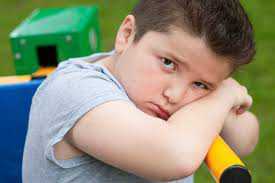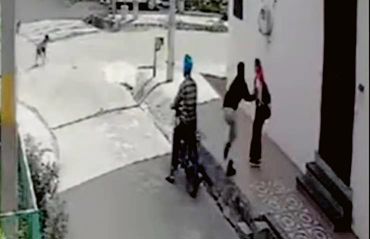
Photo for representative only.
New York
If your toddler gets implusive often while playing with other kids, do not give him or her a rough look as scientists now report a brain marker that is associated with aggression in some children.
The results could lead to identifying early children who are at risk of aggressive behaviour and could help stem those impulses before adolescence -- an age at which research has shown aggressive behaviour is more difficult to treat.
In a new study, a University of Iowa-led research team identified a brain marker associated with aggression in toddlers.
In experiments measuring a type of brain wave, toddlers who had smaller spikes in the P3 brain wave when confronted with a situational change were more aggressive than children registering larger P3 brain-wave peaks, research showed.
"Children respond to the same social cues in different ways, and we think it's due to differences in how they interpret that cue, be it neutral or hostile," said Isaac Petersen, Assistant Professor in the Department of Psychological and Brain Sciences.
"And when children aren't able to detect a change in social cues, they may be more likely to misinterpret that social cue as hostile rather than playful," Petersen added.
The P3 wave is part of a series of brain waves generated when an individual evaluates and responds to a change in the environment -- such as changed cues in a social interaction.
Previous research, primarily in adults, has shown individuals with shorter P3-wave peaks when confronted with a change in the environment tend to be more aggressive.
Scientists believe P3 is a key indicator of aggression, as well as associated with depression and schizophrenia.
In the study involving 153 toddlers, the difference in P3 peaks in aggressive and non-aggressive children "was statistically significant," said Petersen, and the effect was the same for boys and girls.
The researchers tested the same children at 30, 36, and 42 months of age to further explore the association with the P3 brain wave and aggression.
"This brain marker has not been widely studied in children and never studied in early childhood in relation to aggression," Petersen noted.
"It might be one of a host of tools that can be used in the future to detect aggression risk that might not show up on a behavioural screening," the research added in a paper published in the Journal of Child Psychology and Psychiatry.
IANS



























